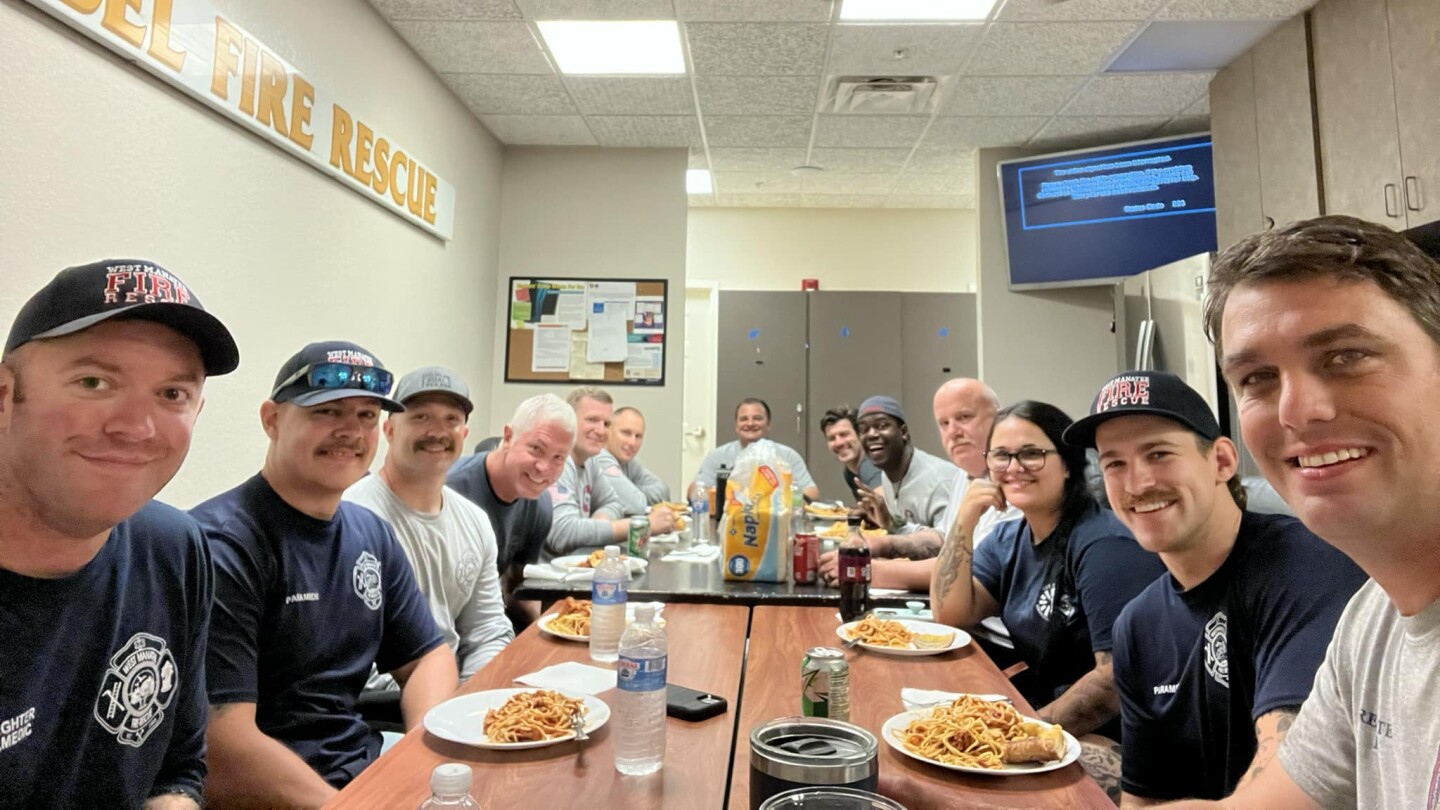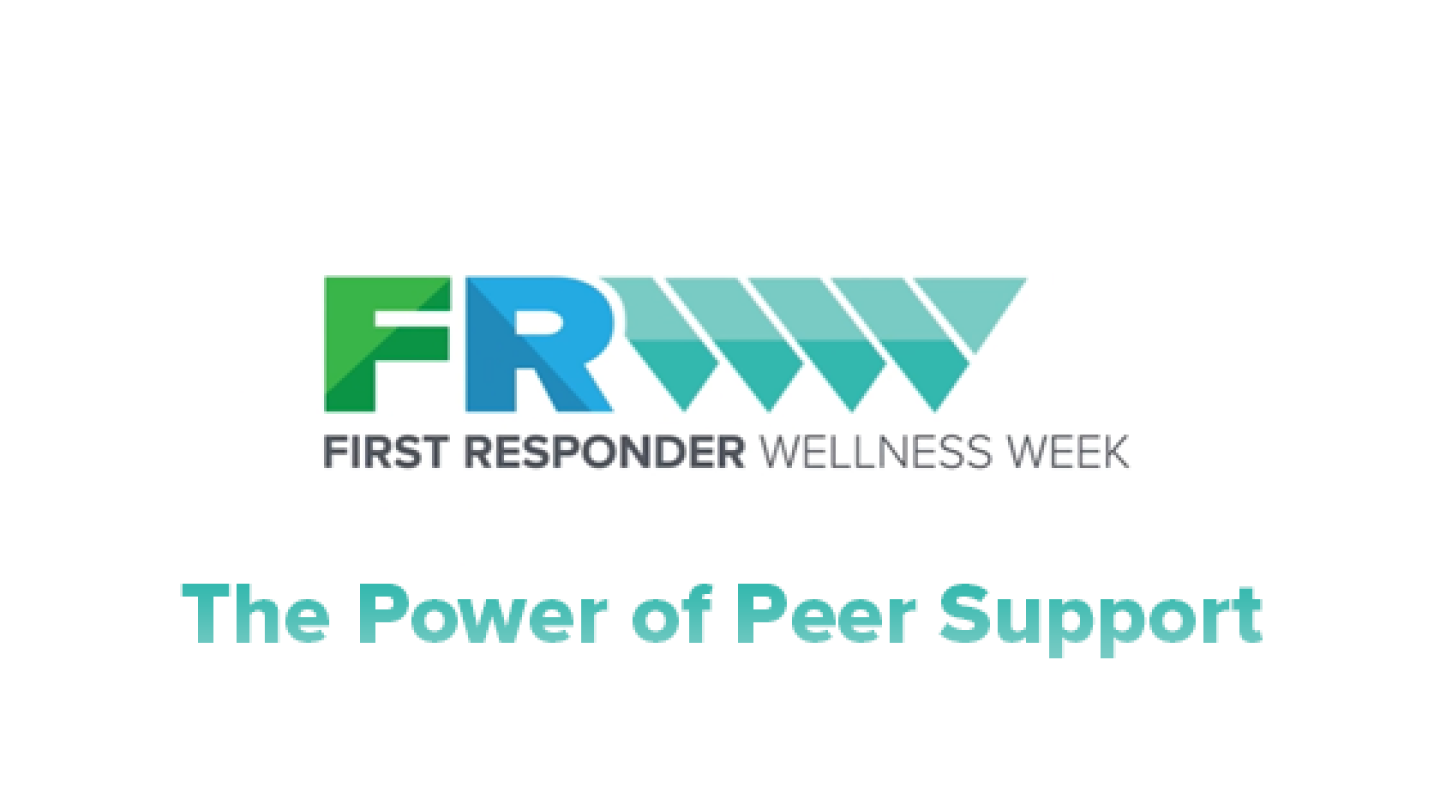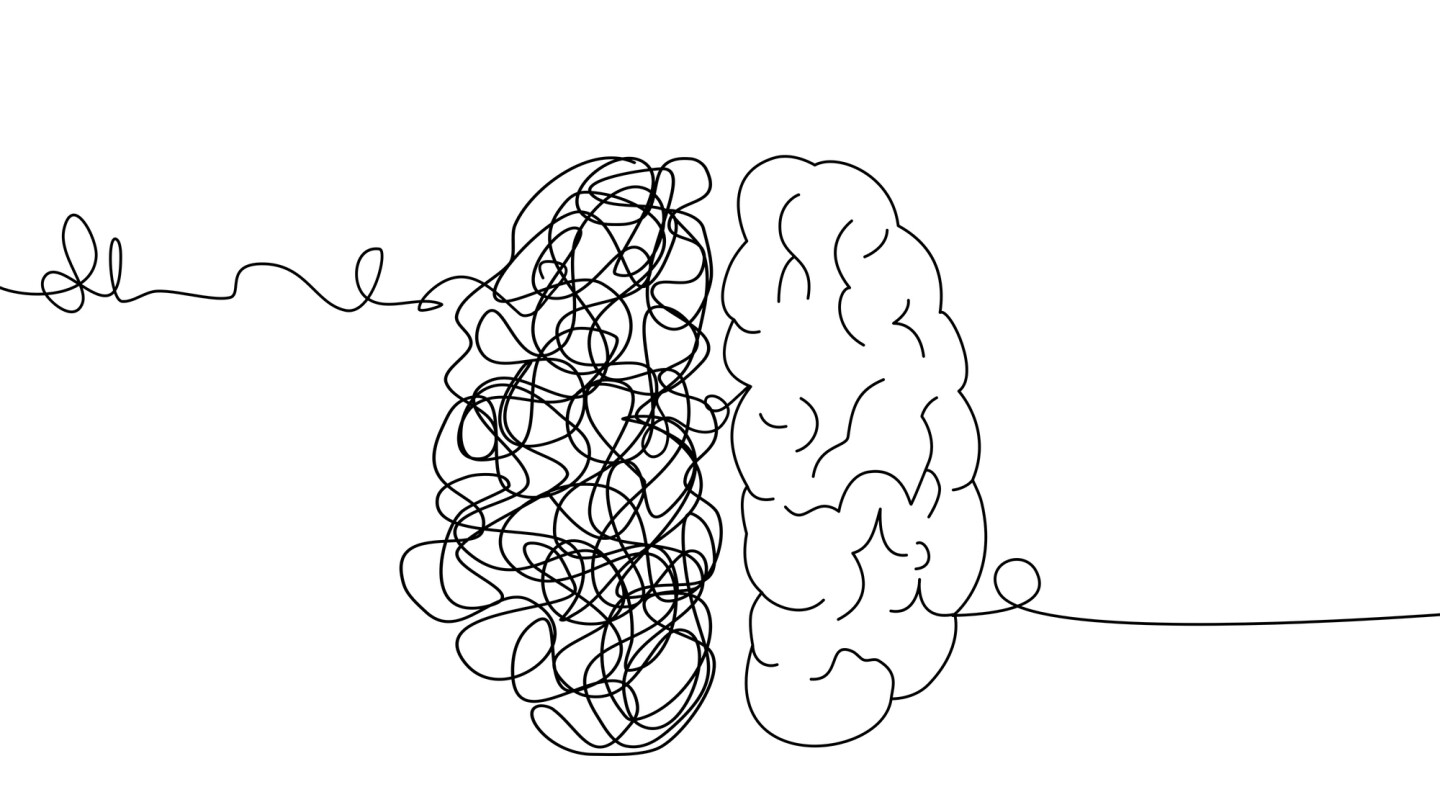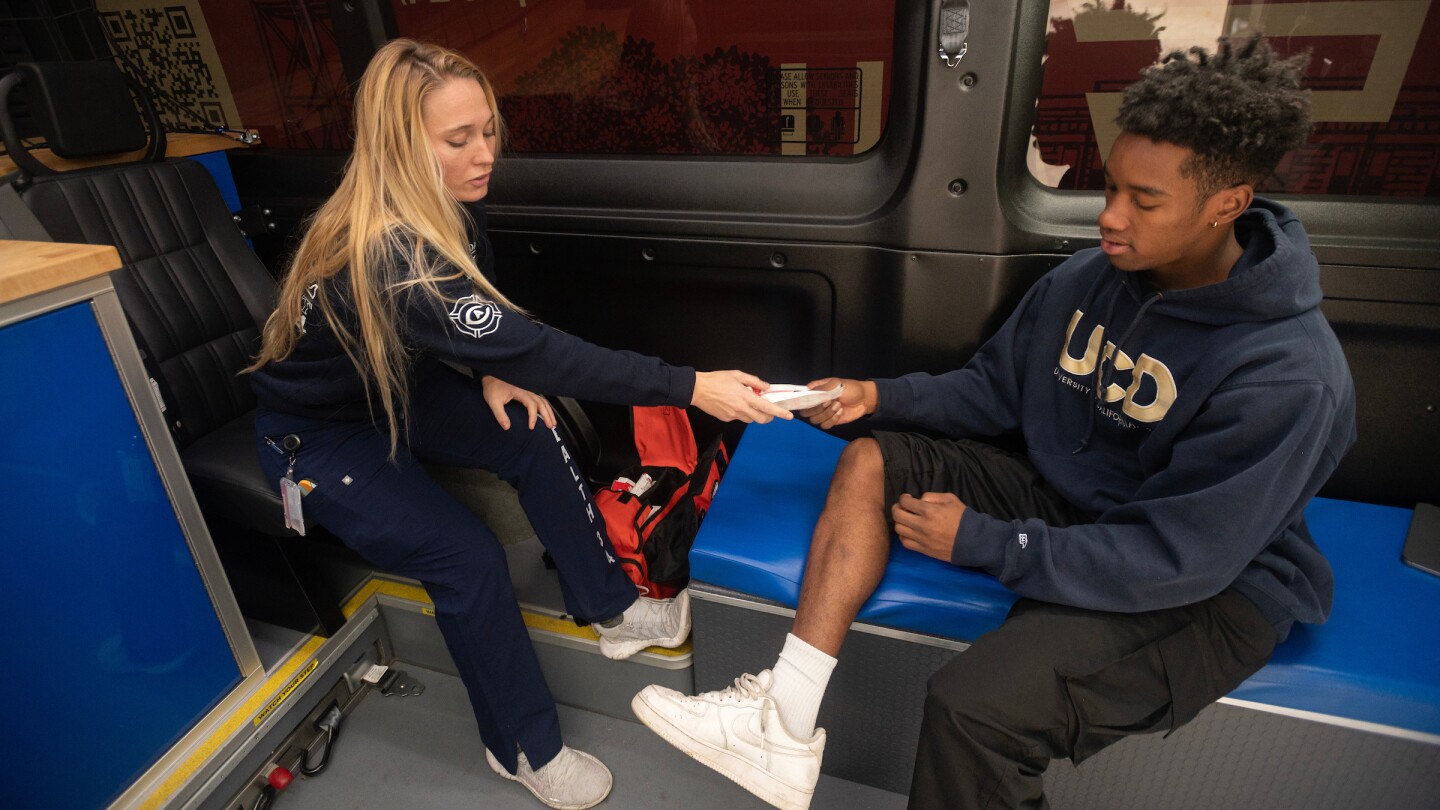Mental Health
The mental health resource page features the latest news and original content focused on mental and behavioral health, particularly post-traumatic stress disorder (PSTD) post-traumatic stress injury (PTSI) and other wellness issues connected to the sometimes difficult or traumatic nature of first responder calls. Firefighters share their stories of overcoming PTSD and depression, and offer insights for how fellow members can seek help to manage those calls that “stick.” Further, firefighters and researchers offer guidance to firefighters via podcasts and expert analysis, covering topics like how to manage both on- and off-duty issues. For more information about mental health topics, sign up for the FireRescue1 Safety & Health newsletter.
Survivors, now adults, rely on counseling to cope with trauma of the shooting 25 years ago
Portland’s in-house mental health coordinator cuts the costs of sending firefighters out of state for support
The initiative addresses the complex interplay between repetitive head impacts, traumatic brain injuries and mental health symptoms among first responders
Film featuring Sutter County firefighters highlights the importance of opening up, empathy and seeking help
Bryan Johnson’s biohacking protocol has gone viral – could this practice benefit your wellbeing?
Dr. Rachelle Zemlok takes the Better Every Shift crew inside the psychologist’s office during First Responder Wellness Week
From family outreach to increased counseling access and more understanding from supervisors, firefighters are looking to leadership to step up in this area
A top-tier athlete breathwork coach shares exercises to reset your mindset on and off shift
Exploring the distinct stressors firefighters face during medical calls
Corrine Flammer, N.J.’s first mental health resilience officer, details how fire/EMS leaders can create custom resiliency plans that address the needs of individual members
Being a good listener is often more valuable than offering solutions
Our control is mostly limited to our thoughts, attitudes, actions and decisions about what steps to take next
Simple gestures, like checking in after difficult calls or noticing changes in behavior, can make a significant difference
Dr. David Black, president of Wellness Solutions for Lexipol, welcomes first responders and their families to the second annual First Responder Wellness Week
Take steps to prioritize your wellness so you can better serve your community, your colleagues and your family
People who suffer from a moral injury experience significant changes in their worldview, their outlook, their core beliefs and values
Solutions to navigate the most common family-centric concerns voiced by firefighters
These tips, tools, products and services are designed to promote emotional and psychological resilience
Departments that fail to engage the family in firefighter wellness are missing a powerful tool
The former first responder shares his personal mental health struggles and urges others to build a support system
As a first responder, the unpredictable nature of your work shouldn’t extend to your home life; build strong family relationships with these recommendations
If your home is not a place where you feel comfortable, consider reevaluating where you are putting all your time and energy
Fire service leaders can take action to increase awareness, access and applicability of these potentially lifesaving programs
Assistant EMS Chief Peter Hsiao said the practice of sending a psychiatric response team was “sound in theory” but not in practice
Inside Health 34 – UC Davis Fire’s mobile approach to non-emergent support and service navigation
It comes down to selecting the right members and training them in two key areas
Who could use a little more sleep?
Many EAPs go beyond counseling resources to help members with nutrition, exercise, family dynamics and financial assistance
MOST POPULAR
- Understanding moral injury in first responders
- On-demand webinar: Firefighter therapy – busting myths and stopping stigma
- The ugly truth about firefighting the public doesn’t understand
- Firehouse stress and takotsubo syndrome: Making the connection
- PTSD bill named after Tenn. FF to become law on New Year’s Day






























